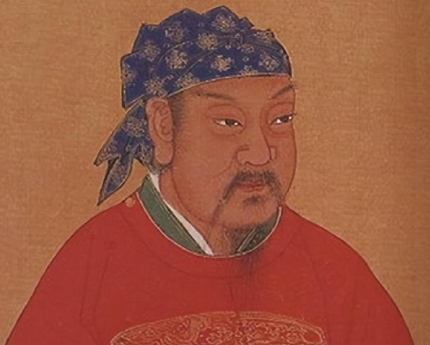In the rich historical context of Chinese surnames, each surname has its unique origin and history. Among them, the surname "Song" as a member of Chinese surnames also has its unique historical origins and cultural connotations. This article will explore the origin and history of the surname "Song", as well as related stories about Emperor Qin Shi Huang naming five doctors "Song" and adopting trees as their surnames.

I. Origin of the Surname "Song"
The origin of the surname "Song" can be traced back to the Zhou Dynasty in ancient China. According to historical records, there was a doctor named Song during the Zhou Dynasty. His descendants took his ancestor's name "Song" as their surname, thus forming the surname "Song". This is one of the earliest sources of the surname "Song". In addition, some surnames "Song" evolved from other surnames, such as the historian "Song Xiaozi" during the Western Zhou Dynasty, whose descendants may have also adopted "Song" as their surname.
II. Development of the Surname "Song"
As time passed, the surname "Song" gradually grew and developed, leaving many traces in history. During the Warring States period, the population of the surname "Song" had already spread throughout various regions. By the Qin Dynasty, the development of the surname "Song" reached an important turning point.
According to the "Records of the Grand Historian", when Emperor Qin Shi Huang toured the country, he named five accompanying doctors as "Five Doctors Song". These five doctors were not originally from the same clan, but because they accompanied Emperor Qin Shi Huang on his tour, they were granted the same surname - "Song". This event not only demonstrated Emperor Qin Shi Huang's appreciation for the surname "Song", but also further promoted and developed the surname "Song" during the Qin Dynasty.
III. Cultural Connotations of the Surname "Song"
The character "Song" has rich symbolic meanings in Chinese culture. It represents the spiritual qualities of perseverance, resilience, and evergreen immortality. In the poetry of ancient scholars, "Song" is often used to praise noble character and firm beliefs. Therefore, people with the surname "Song" also carry this cultural connotation, embodying the family's pursuit and expectation of perseverance and evergreen immortality.
IV. Conclusion
Today, the surname "Song" has become a member of Chinese surnames, possessing a long historical origin and rich cultural connotations. From Doctor Song during the Zhou Dynasty to the Five Doctors Song during the Qin Dynasty, to people with the surname "Song" in modern society, this surname has witnessed the changes in Chinese history and the development of culture. In the future, the surname "Song" will continue to be inherited and carried forward.
Disclaimer: The above content is sourced from the internet and the copyright belongs to the original author. If there is any infringement of your original copyright, please inform us and we will delete the relevant content as soon as possible.






























